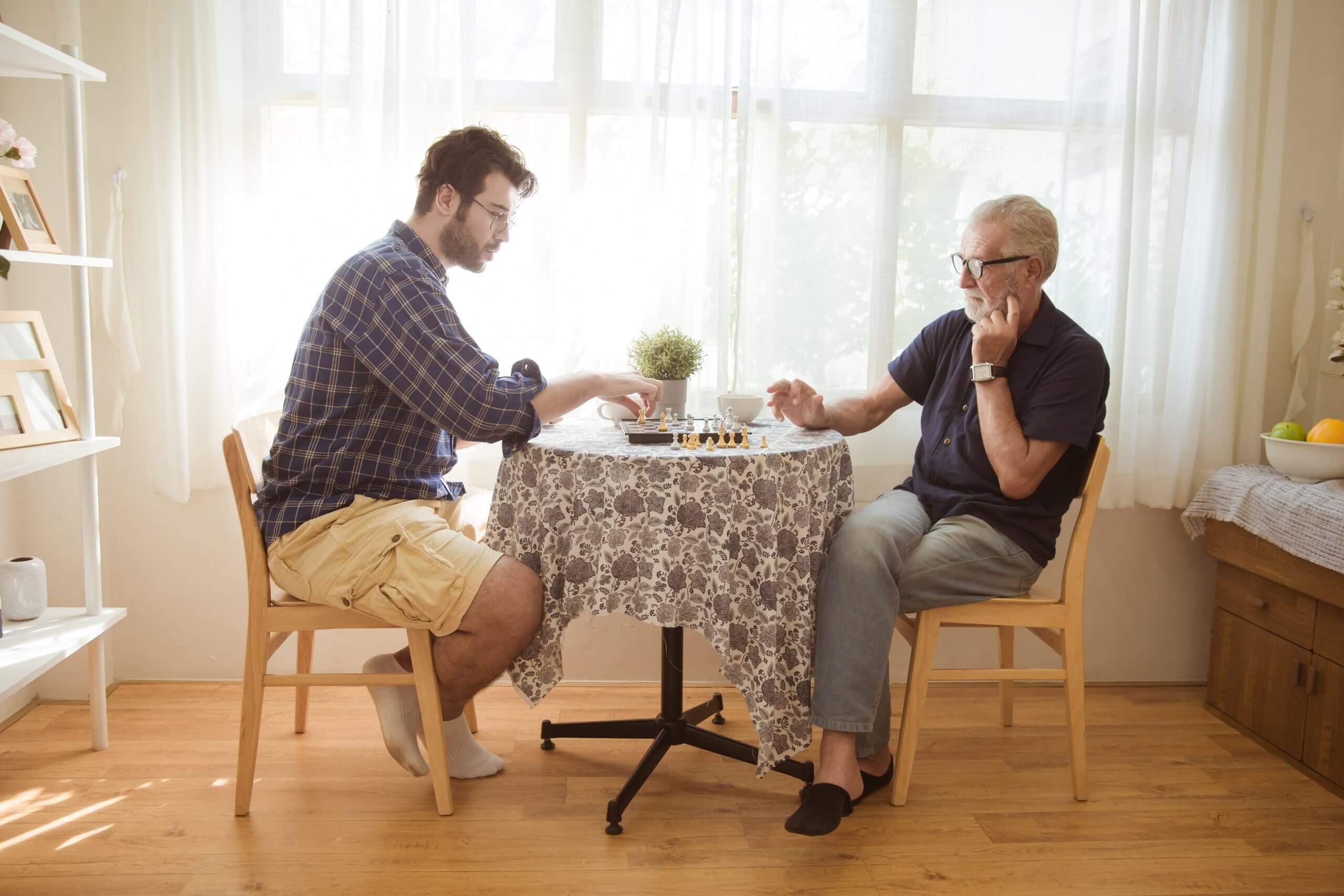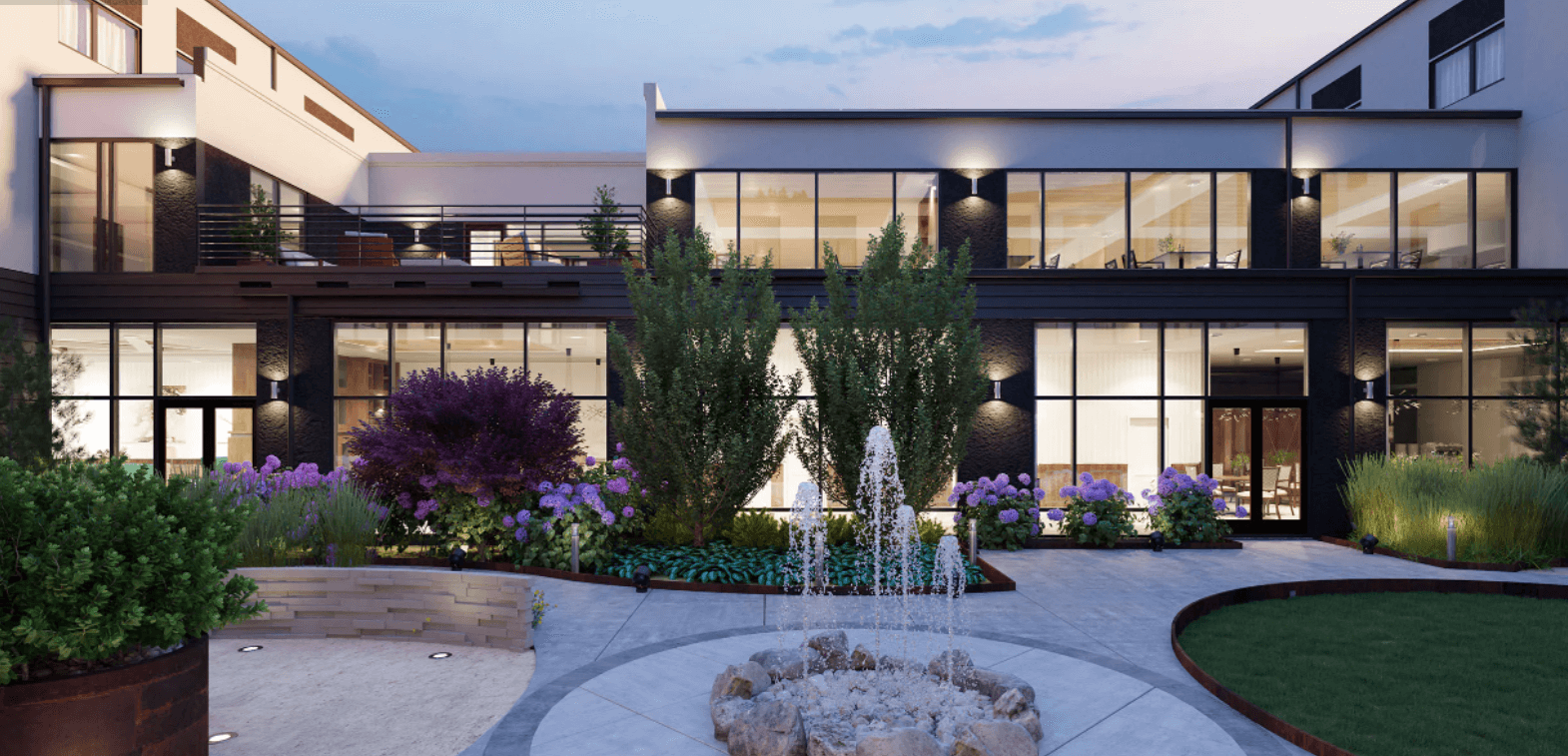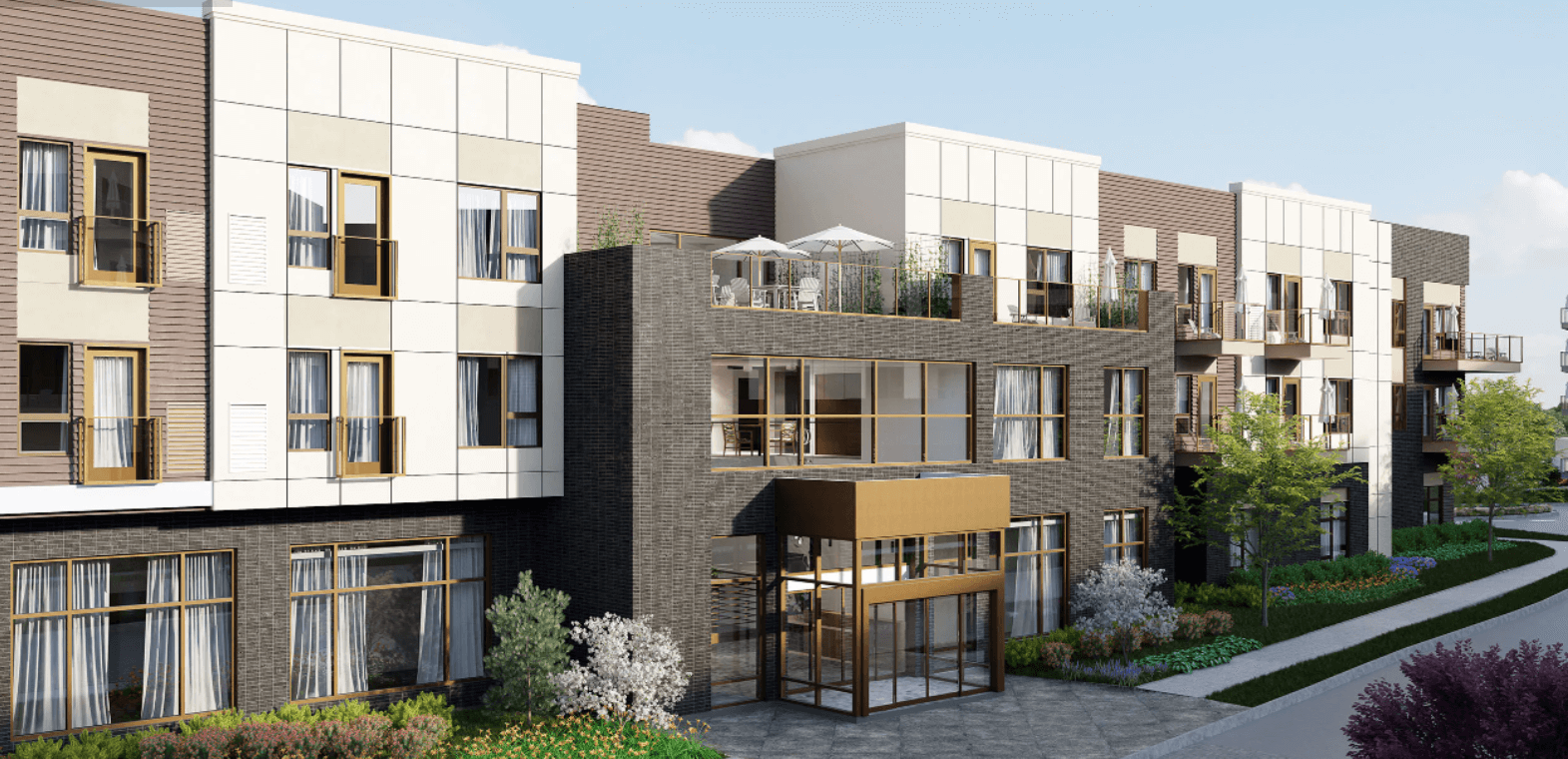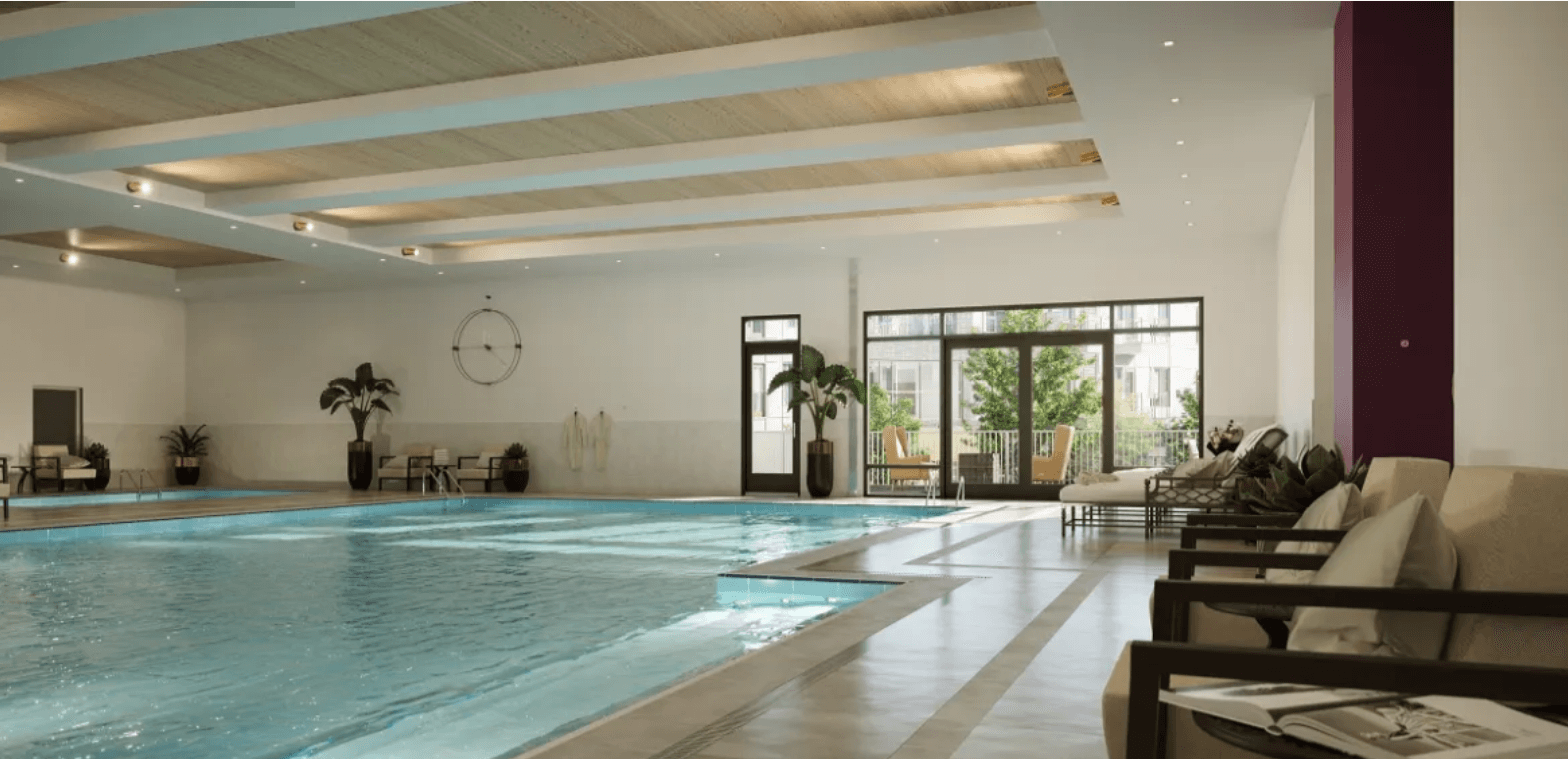The human brain is one of the most fragile parts of the body. As with all other organs, it does age and can deteriorate over time. One of the manifestations of that aging comes in the form of dementia. Memory loss is the symptom most frequently associated with dementia, but it’s certainly not the only cognitive impairment that can impact the lives of seniors and their families.
As with heart disease, another serious health issue in the United States, there are habits and lifestyle choices people can make to prolong healthy brain function, just as you can promote good heart health with exercise and the right diet.
Both the brain and the heart can be compromised by genetic factors, despite all a person’s best efforts. Some people are more prone to developing heart disease or dementia, even if they do everything right from a lifestyle standpoint.
That doesn’t mean people hereditarily predisposed to either condition should just accept it and live life like there’s no tomorrow. There are many healthy living habits medical experts believe can help prevent or slow the development of various forms of dementia and memory loss.
The broad, essential good lifestyle habits to prevent memory loss include:
- Getting regular exercise
- Social engagement
- Maintaining a healthy diet
- Frequently partaking in mentally stimulating pursuits (music, reading, puzzles, etc.)
- Getting an adequate amount of quality sleep each night
- Managing stress
Living your life with an emphasis on these best practices may not be enough to completely prevent memory loss or cognitive decline in the later years of your life, especially if you’re predisposed to dementia conditions. However, they may help you maintain your memory and faculties for longer than you otherwise would.
Dementia Verse Alzheimer’s
Both dementia and Alzheimer’s are hot topics of conversation these days, especially when it comes to health and aging. Some people mistakenly use the terms interchangeably, but they are actually two separate things. More specifically, Alzheimer’s is a disease that causes dementia.
Dementia is not a specific disease. It’s a catch-all umbrella term to refer to a set of conditions and symptoms. For example, a person who is suffering memory loss and compromised judgement would be considered to be suffering from dementia, but the cause may not necessarily be Alzheimer’s disease.
There are medications and non-pharmaceutical therapies that can help slow the progress of or even reverse some symptoms of dementia, depending on the illnesses or disease causing those symptoms. There are, however, no known cures for Alzheimer’s, which is considered the most common cause of dementia.
Treatments and Exercises that Can Help Slow Dementia
Cholinesterase inhibitors, such as donepezil, rivastigmine and galantamine are often prescribed to reinforce the chemical messengers in the brain responsible for memory and judgement.
Memantine is another type of medication that regulates glutamate, another brain chemical that helps regulate the learning and memory brain functions.
In addition to medications, Ovation Connections™ Memory Care offers a diverse array of therapies to help our memory care residents maintain their independence and cognitive functions for as long as possible. These therapies, combined with providing authentic, compassionate care and assistance with daily living activities, often end up being more important than any medicinal treatments available.
The safety, happiness and health of our memory care residents is hugely important to our staff, all of whom are passionate about supporting people struggling with dementia conditions. Some of these therapies include:
- Light physical activity
- Music therapy using soothing, familiar songs
- Pet therapy to improve mood and regulate behavior
- Aroma therapy
- Spiritual therapy with relevant spiritual advisors
- Memory games and puzzles designed to engage relevant pathways in the brain
In addition to therapies, there are also many lifestyle and environment modifications Ovation by Avamere has implemented in the memory care residences and communal areas to make the atmosphere less stressful. Some of these things include:
- Minimizing clutter
- Managing noise
- Keeping the area free of potentially dangerous items (such as knives)
- Organizing rooms and layouts to minimize the chance for tripping and falling
Reducing distractions such as clutter or excessive noise has been shown to improve focus and, as a result, people’s ability to function effectively.
Enabling Residents to Age in Place
The ability to age in place is one of the many benefits of life at Ovation by Avamere. See our floorplans for our current living options. Progressively increasing levels of care are available to all residents.
Staying as independent as possible for as long as possible is encouraged at Ovation by Avamere. We know it’s often one of the highest priorities for our residents, many of which choose to travel, play golf, pursue hobbies and live life to the fullest during their golden years.
When the day comes that they need some extra help, it’s as simple as taking advantage of Ovation of Avamere’s optional assisted living services. If dementia or other memory issues develop, residents can move seamlessly into Ovation Connections™ Memory Care.
If you are interested in Ovation by Avamere or want to learn about a community with care that changes as your needs change, contact Ovation Heartwood Preserve in Omaha, NE at 402.698.4735 or Ovation Sienna Hills in St. George, UT at 435.429.0000.





